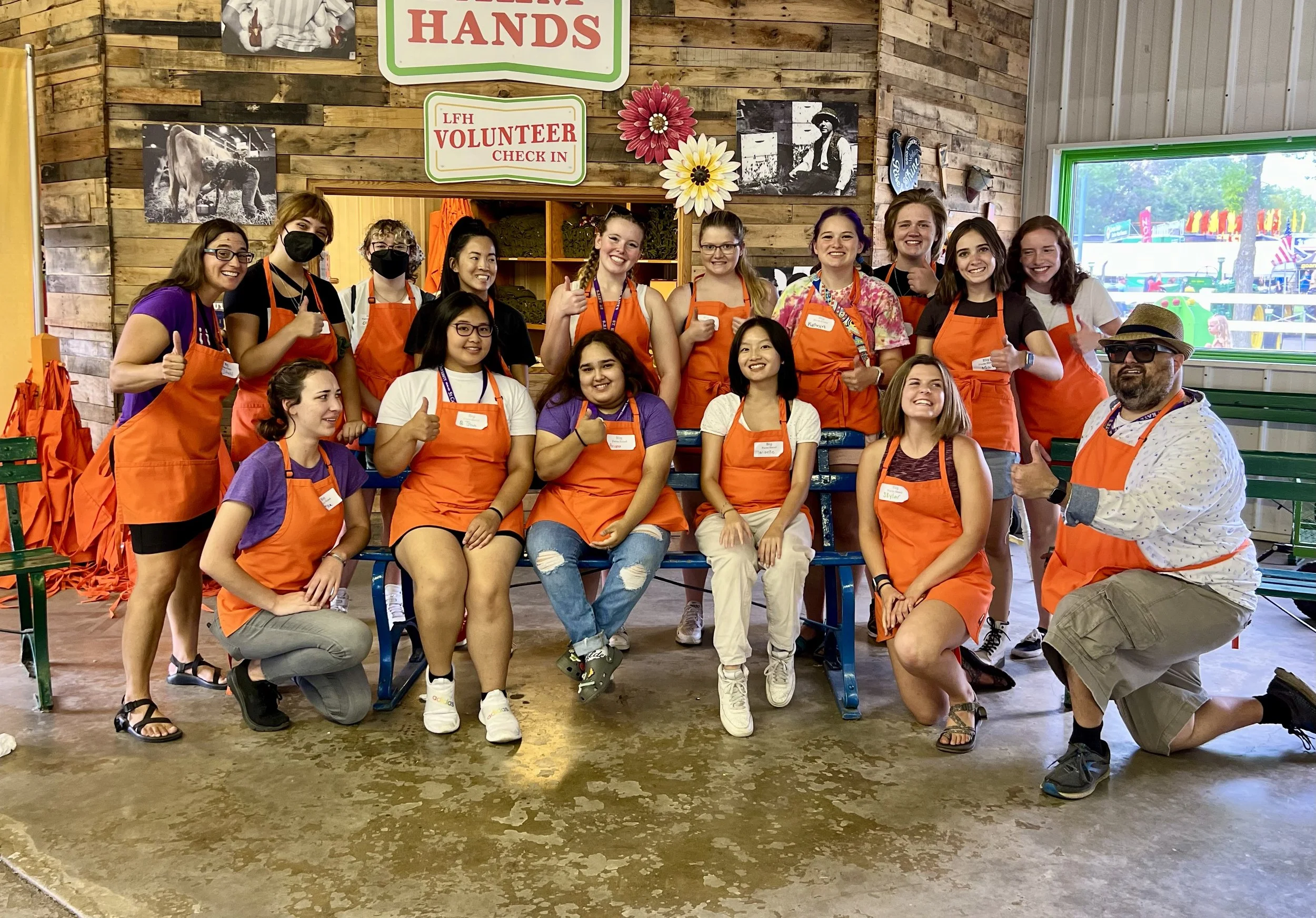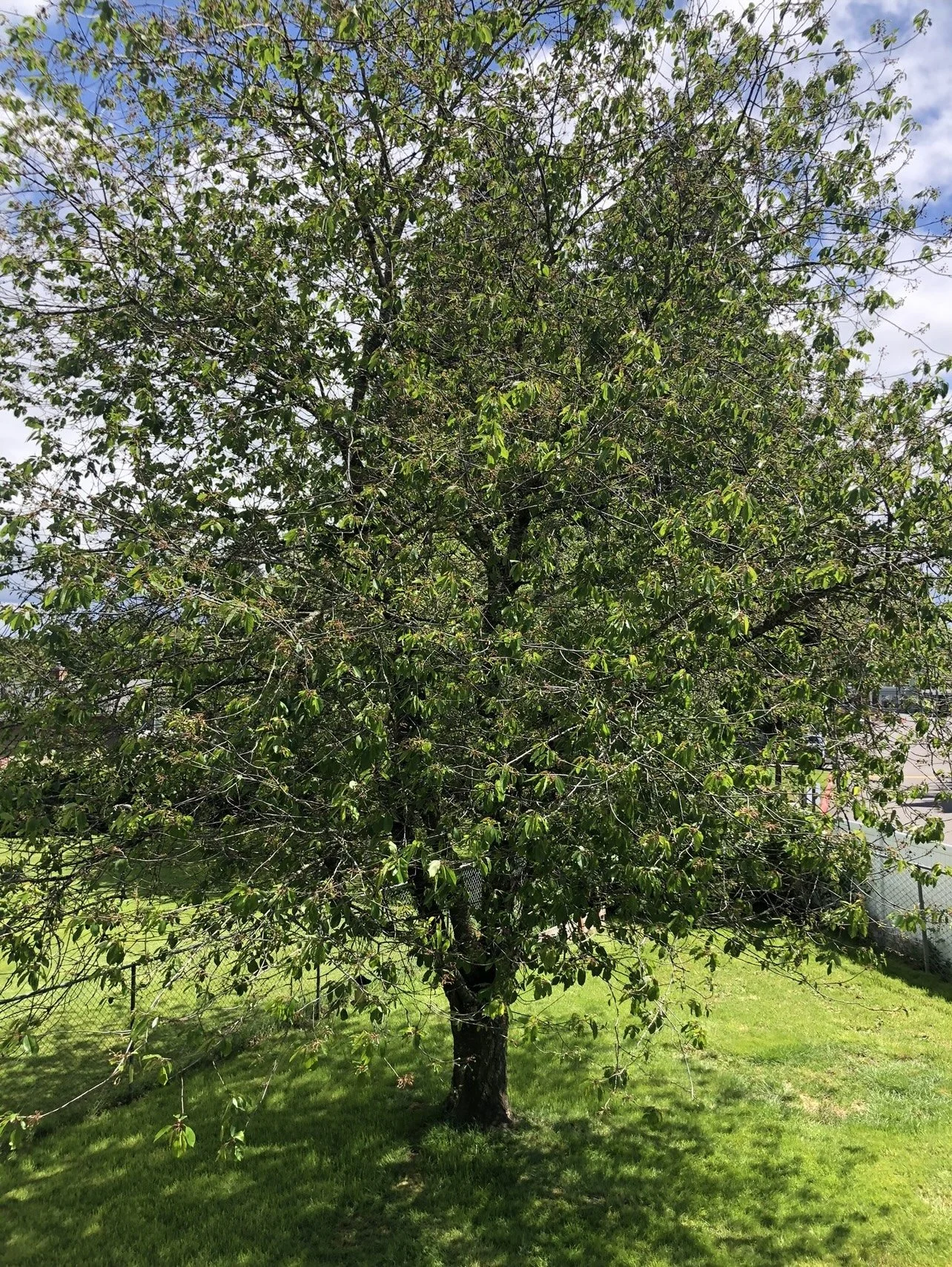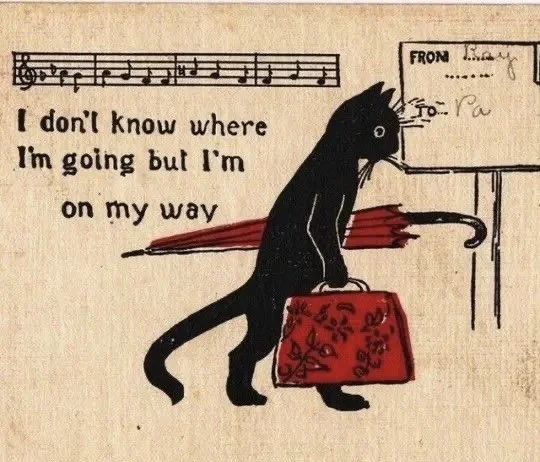Special Edition Fall 2022: Social Connections
By Ella Tracy
There was apprehension on the St. Kate’s campus when the incoming class arrived in August. No doubt, we were all anxious about making friends, hoping to find the people that would just click, one step closer to fulfilling our wildest college dreams. Those crucial first few days were a buzz of excitement, especially when we began coincidentally meeting people and discovering commonalities.
Several months into school, I spoke with first-year Katies about their experiences making friends in college and how those relationships have impacted them.
Orientation played a role in many Katies’ friendship escapades. However awkward, it was less nerve-wracking to be in small groups and have a handful of familiar faces to seek out in a crowd. Students also discussed early move-in opportunities. “I got to meet part of the group before meeting the whole group, so there were less people right away,” said Kathryn Lewis ’26 (Studio Art), who participated in Honors early move-in. Having fewer new people was less overwhelming and far more intimate.
After the first week or so, classrooms were common meeting points. Ariana Bahena ’26 (Psychology) fondly recalled initial conversations with classmates: “We talked about being scared and how nervous we were since it’s our first year in college. We talked about what we were excited for about the school year and what we were expecting.” Those conversations grew into classroom discussions and post-class study groups, sitting with people during meals and invitations to dorm rooms for movie nights.
Dorms were another popular space to make friends. Living in the same space as a dozen other people is very convenient for relationship-building. Maimuna Kolley ’26 (Fashion Design) and Najma Ali ’26 (Early Childhood Education) joked about how they first met in the laundry room. My floormates and I spent an evening singing karaoke in hammocks outside our dorm. We invited each other into our rooms to see décor and bonded over shared displayed interests. “Being in a dorm situation where I have to interact with people … has been so good for me and has helped so much with remembering to talk to people,” Lewis said. She was worried about living in the dorms at first, but now she thinks that dorm life is one of the best things about college for her.
A few months into college, I love finding little moments of connection in the dorms. It’s not uncommon for me to wave at a friend down the hall, smile through toothpaste when someone walks into the bathroom, productively procrastinate in the dorm lounge by making power music playlists or wheezing from laughter over unique alarm clock times. We are infamously known to congregate in the hallway for tea-spilling and story-telling sessions. Finding those connections in the dorm assures me that there will always be someone I know to say hello to or invite to study with me. It alleviates loneliness, knowing I am surrounded by studious individuals who aren’t afraid to have fun once in a while.
Relationships should never be all “give.” Without some “take,” they can be draining and exhausting. In my conversations with Katies, we were able to pinpoint a handful of things we prioritize in relationships that both give and take.
Firstly, it’s important for friends to be genuine. Students have found friends on campus who are more genuinely themselves compared to friends they had in high school. “This environment allows a lot of people to express themselves more genuinely and be passionate about the things they are passionate about,” Lewis said. “That is a lot more energizing and it’s really fun.”
Genuineness ties into expression of passions. Katies emphasized how fun it is to have friends who are unapologetically passionate. Kolley and Ali shared how much they love to watch someone light up as they talk about a topic they care about. Lewis finds herself more excited about a subject when someone shares their excitement for it. They also expressed how they feel seen and appreciated when they share a passion and friends respond with enthusiasm. Interactions, then, are inherently about an exchange of energy that is both healing and refreshing.
Finally, Lewis talked about how her interactions have changed after high school. “In high school, almost always, hanging out with friends outside of structured activities would be exhausting, even if I liked those people,” Lewis said. “Here, almost every time that I hang out with people outside of structured activities I’m energized and very excited about what we were talking about.” Katies said that a more flexible college schedule is a major contributor to energy levels. Less time per day in the classroom translates to more energy outside of the classroom that can be invested in friends.
When I asked about the impact technology has on their relationships, most of the interviewees shared the benefit of easy connection. Rapid communication is something many Katies don’t think they could live without. “Snail mail would probably kill me,” Gray ‘26 (Biology) remarked with amusement. “I would die of yearning like they did in the Victorian era.”
Texting capabilities enable us to check in with friends and family from home and stay in touch with those we can’t see every day. Lewis mentioned that she likes having social media in college to see when events are happening on campus, which she attends to meet new friends with common interests. Kolley and I discussed how pop culture, a commonality strengthened by social media, acts as a conversation starter and an easy point of relating to others. I have experienced incredible friendships with fellow nerds on the internet, friendships that have grown into an amazing online support community. As cliché as it sounds, we all have connections that wouldn’t exist without the technology we rely on to rely on each other.
However, Katies acknowledged several drawbacks. “You don’t get to have an actual conversation,” Bahena said. “You don’t get that one-on-one experience. … Social media is a good way to keep in touch, but there’s no emotion sometimes.”
Gray warned that immediate gratification with contact is a “double-edged sword.” “People before the advent of cell phones had to learn to be fine with people not being available constantly,” he said. Our reliance on quick communication has made Gray wonder if technology has “quelled an anxiety and also swelled it.”
“You’re never going to feel fulfilled emotionally if you live your whole life in a hole,” Gray concluded to emphasize the importance of relationships. Having an accessible network of friends is so important to see that you are not alone, that you have people to rely on, that you have people to encourage you and motivate you. Kolley stressed having this network in college. “You’re not going to get through college alone,” she said. “You need people. You need friends. You need to talk.”
Seek out your people. Find those who give you energy and joy. They wait for you.







